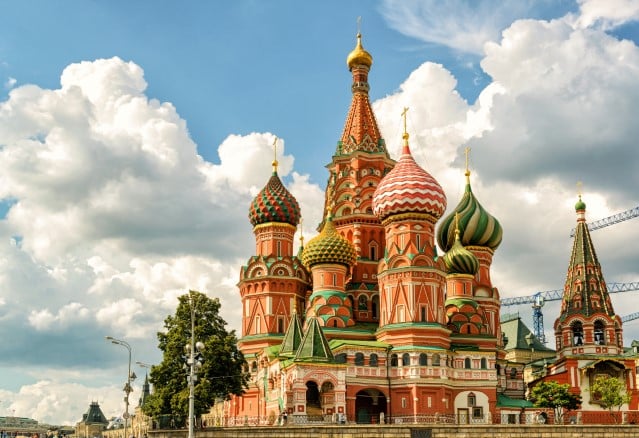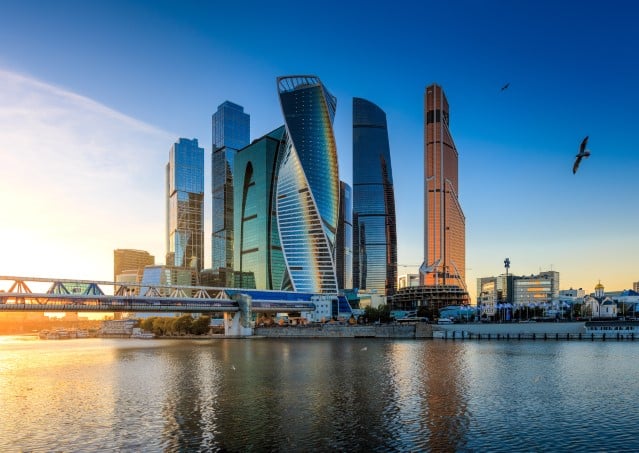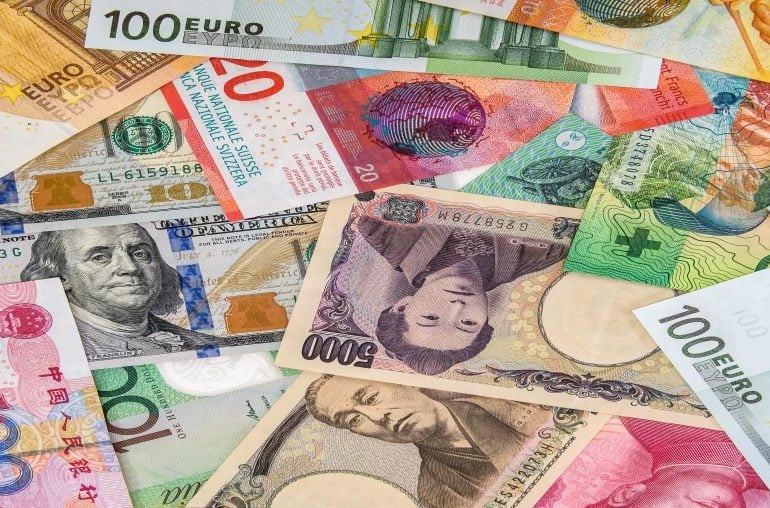On 19 June 2020, a new Russian law (known as the “Lugovoy Law,” named after its author [1]) enters into force, introducing a number of changes into the Russian Arbitrazh Procedural Code. Most important, Russian state commercial courts (also called “arbitrazh” courts) will now have exclusive jurisdiction over disputes directly or indirectly involving those sanctioned entities that fall within the scope of Russian legislation (“Disputes”). Disputes also include disputes between foreign businesses if these sanctions are a cause of their dispute.
Except exclusive jurisdiction, key provisions of the new law are:
- Parties may still agree to resolve their Disputes outside of Russia, but Russian courts will have jurisdiction over such Disputes if one of the parties cannot get access to justice because of sanctions.
- If a party is sued or is about to be sued in a foreign court or arbitration proceeding are initiated or threatened in breach of the new Russian law (for example, if the parties had no enforceable agreement to settle Disputes in Russia), this party may request an anti-suit injunctive order from a Russian court. Any party breaching such anti-suit injunction may be fined by the Russian court for the full amount of the claim plus the opponent’s legal costs.
Conclusions and Recommendations
Clearly, the new law may affect a lot of business transactions involving Russia directly and even indirectly. To mitigate the risks connected with the new law, the following steps should be observed:
- The dispute resolution mechanism in contracts with Russian counterparties should be reviewed and changes should be made to these contracts where necessary (for example, the agreed arbitration venue should be in a sanctions-neutral jurisdiction).
- The ownership structure and ultimate Russian beneficiaries of Russia-related business partners should be checked (i) to determine their status vis-à-vis foreign sanctions, and (ii) to understand whether a transaction with these Russian business partners may potentially be affected by the new law.
[1] Federal Law No. 171-FZ dated 8 June 2020. The official text of the Law is available in Russian at the following link: publication.pravo.gov.ru





